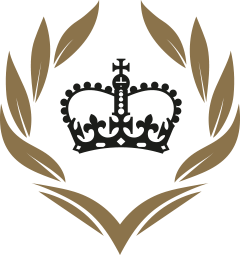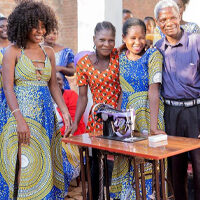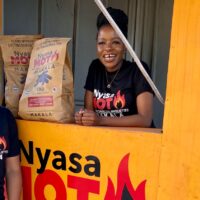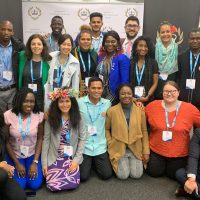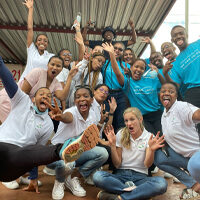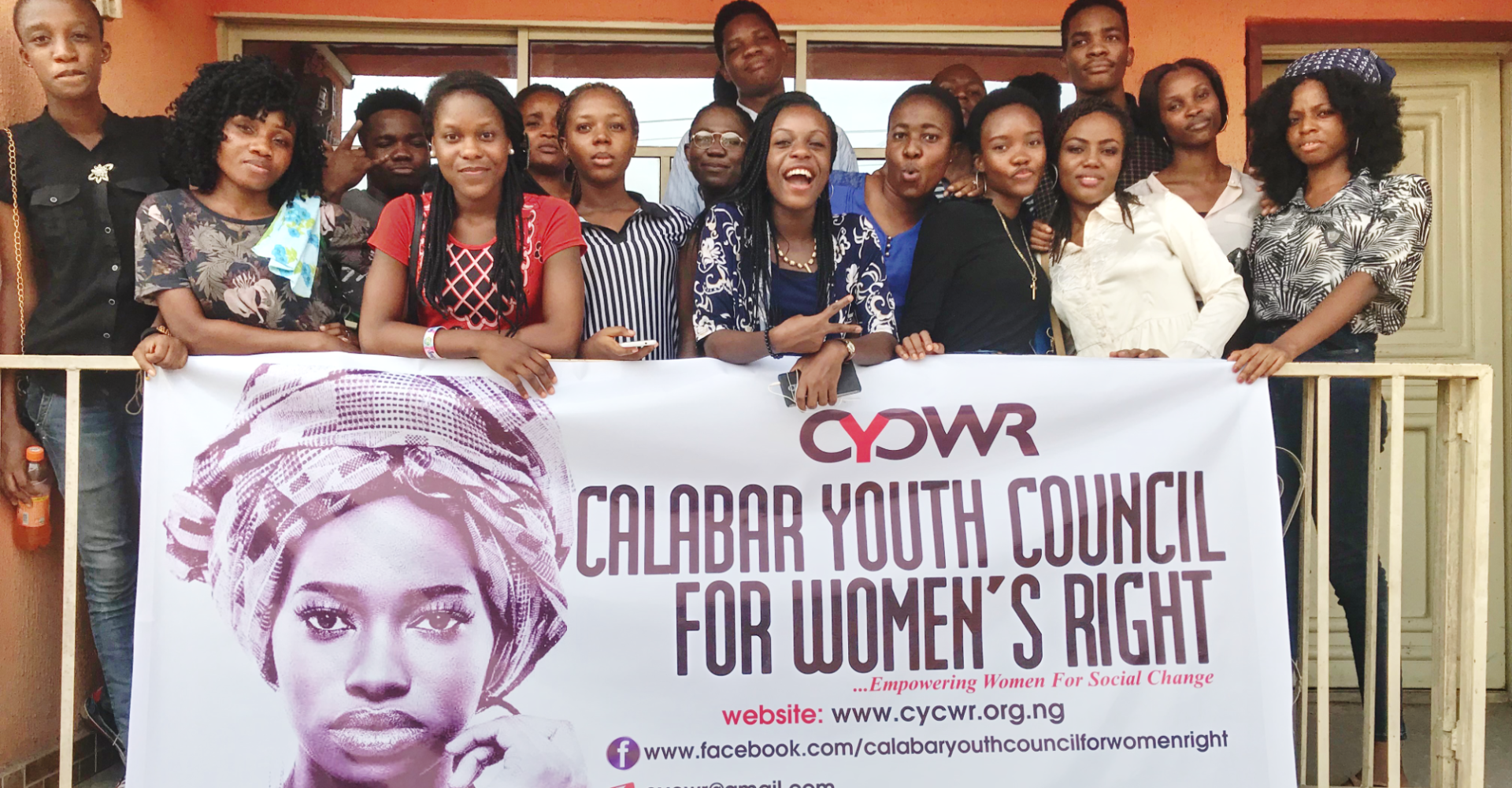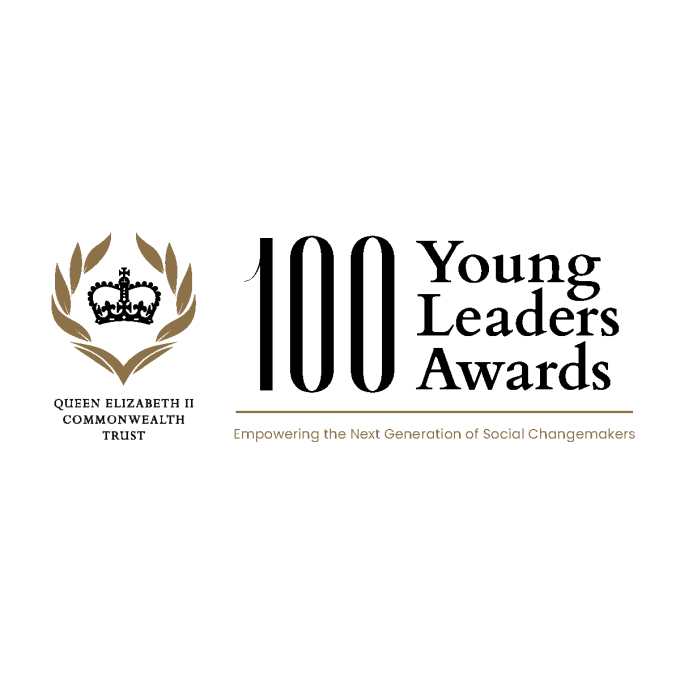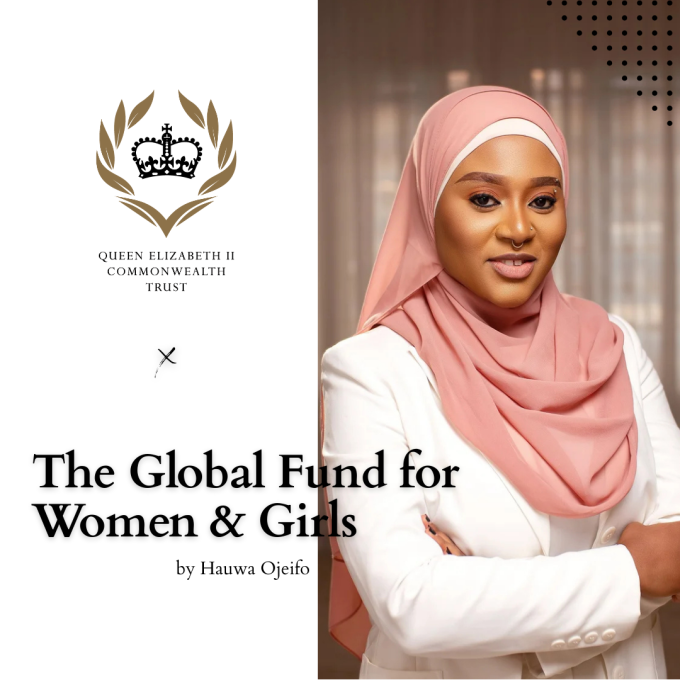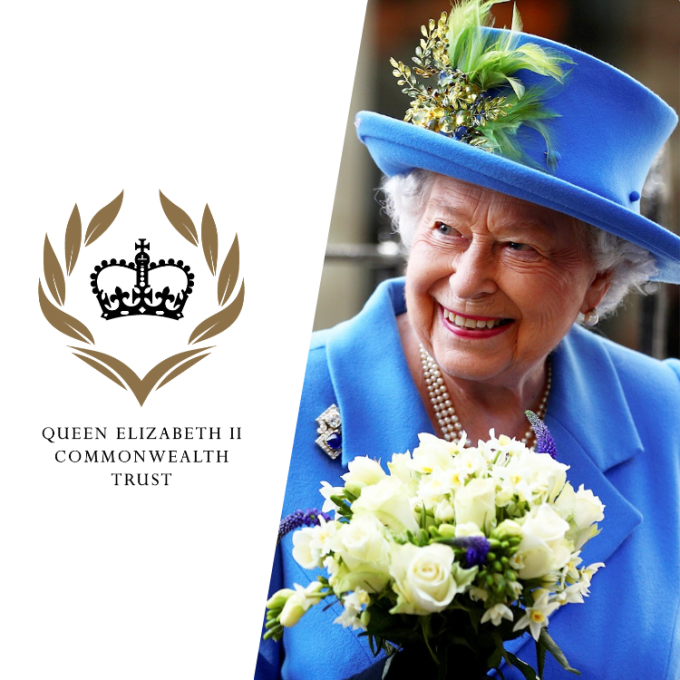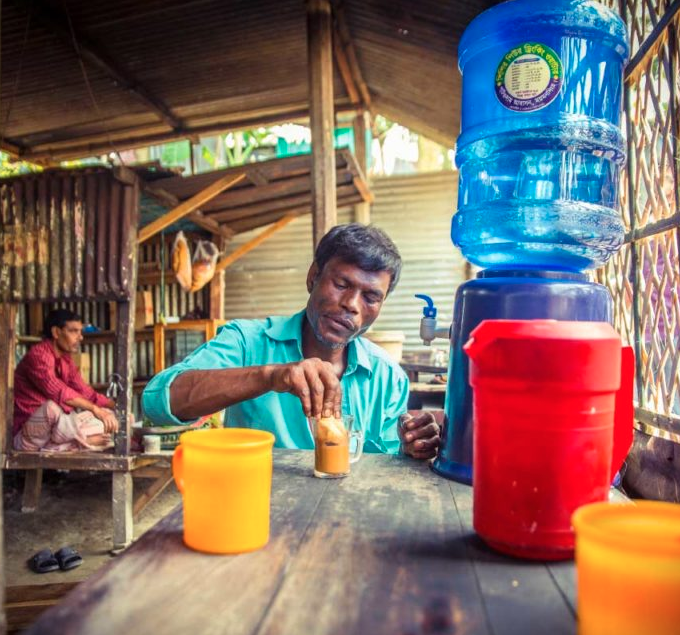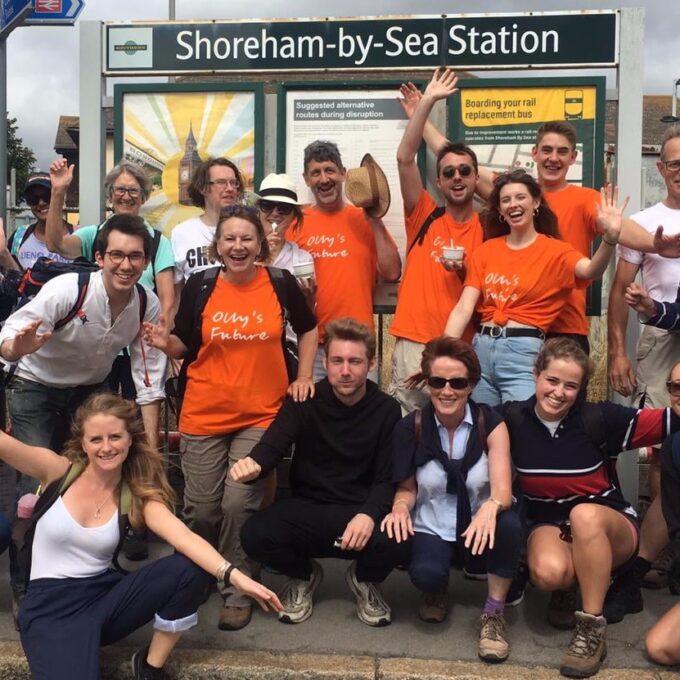By Kennedy Ekezie, Co-Founder of the Calabar Youth Council for Women’s Rights
Globally, 200 million women alive today have been subjected to female genital mutilation (FGM), according to UNFPA. And rates are increasing. About 20 million of the survivors come from Nigeria. According to research published by the Nigerian Medical Association, the national prevalence rate of FGM is 41% among adult women in Nigeria.
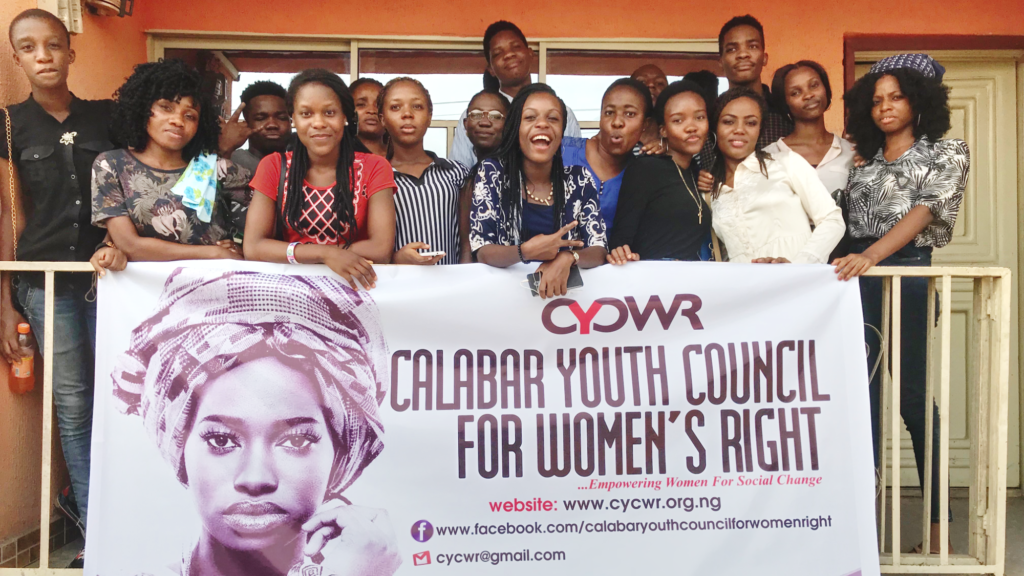
These horrifying statistics led me and a group of friends to come together in 2015 to start the Calabar Youth Council for Women’s Rights (CYCWR); a non-profit that advocates for the rights of women, specifically, to end FGM, domestic abuse, and increase access to education for girls. The CYCWR targets community members, school students and young men, educating them on the dangers of gender-based violence and changing their perspectives through intervention programmes. We also educate to eradicate the menstrual stigma that girls on their periods’ experience in schools and communities.
We work with the broader network of the Girl Generation present in ten African countries. Collectively our work has ended FGM in over 200 communities and very recently, FGM was banned in Boki Local Government Area of Cross River State, where I live and work.
The most important weapon we have is communication. We start conversations with different people from a variety of areas, to ensure lasting solutions to the cultural and structural problems of gender-based violence. We work with the broader African network of change led by the Girl Generation, amplifying the voices of individuals and organisations in the Africa-led movement against FGM and gender-based violence. We are starting to see a huge cultural shift. The tolerance of violence against women and girls is diminishing. It is amazing to see people who had lost hope become empowered. It inspires me to remain unyielding.
Our flagship leadership initiative, called FemGuide!, helps young girls aged 15 – 21 to become entrepreneurs and innovators through a scalable intensive year-long programme. It is comprised of specific skills training and assignment to high-achieving mentors, and a network for young girls to share their stories to inspire and uplift each other. The initiative comes with two leadership development workshops to bequeath young girls with skills that will enable them to close the gender gap that exists in Nigerian leadership, while simultaneously being activists against gender-based violence and sharing their stories of change. Launched in 2018, ten girls are undergoing the year-long programme and helping cascade learnings to other girls in their communities.
We are currently working with the government to introduce anti-FGM laws through effective policy-making and enforcement. Specifically, we are advocating for the inclusion of anti-FGM and gender–based violence education in the curricula of all secondary schools, plus the creation of compulsory gender clubs in all schools, where we will provide comprehensive social change training for teachers and student leaders.
To create change, we seek to ensure that respecting and not abusing women becomes part of the culture! The issue of gender inequality is so rooted in Nigerian society that, according to the UNFPA, most of the recently reported FGM cases were carried out by women (mothers, granddaughters and native doctors). Despite the imminent health and life risks, several women among the population still consider it a “normal” practice. Through our partner network, we reach out to communities to educate and positively change the gender perspectives that women have about themselves. If women refuse to carry out FGM, it will be stopped in most societies.
Another goal of CYCWR is to help women report cases of FGM through partners in villages and provide education on the use of modern technology around main urban cities. Due to the high rate of internal migration, there is a higher concentration of FGM cases in urban Nigeria. We are currently working with Ceraphys, a social enterprise building a mobile platform aimed at empowering individuals to anonymously report gender-based violence, including attaching photo and\or video evidence. Ceraphys allows for counselling, and easy dissemination of information, and it will also equip law enforcement agents with a report-management system to ensure adequate information, deterrence and adequate arbitration of justice for victims.
We ultimately hope to contribute to making the world a safer, more peaceful and prosperous place for all to live.
